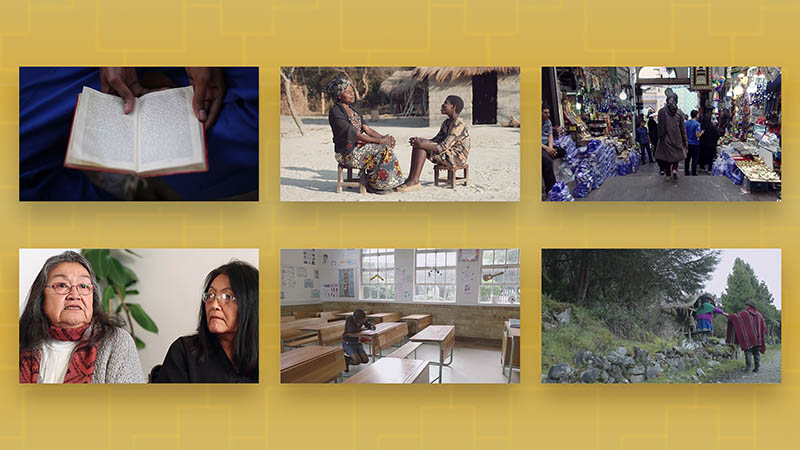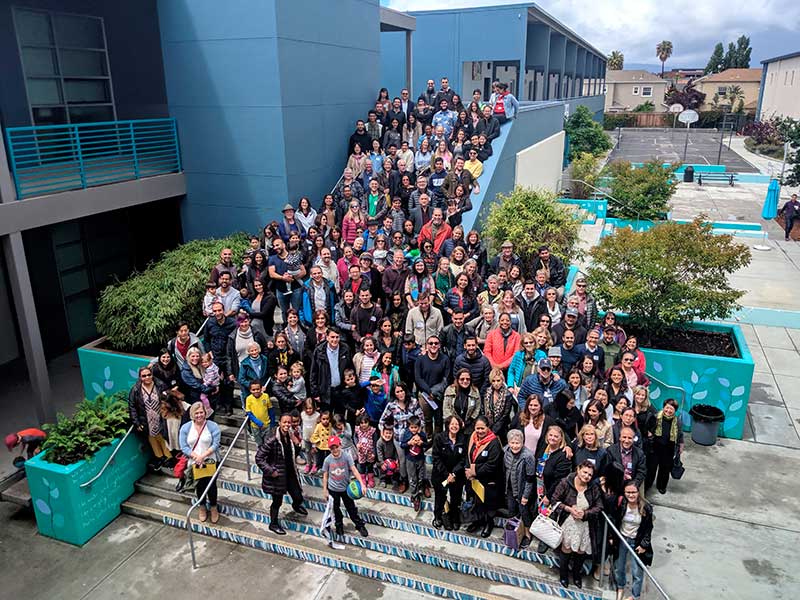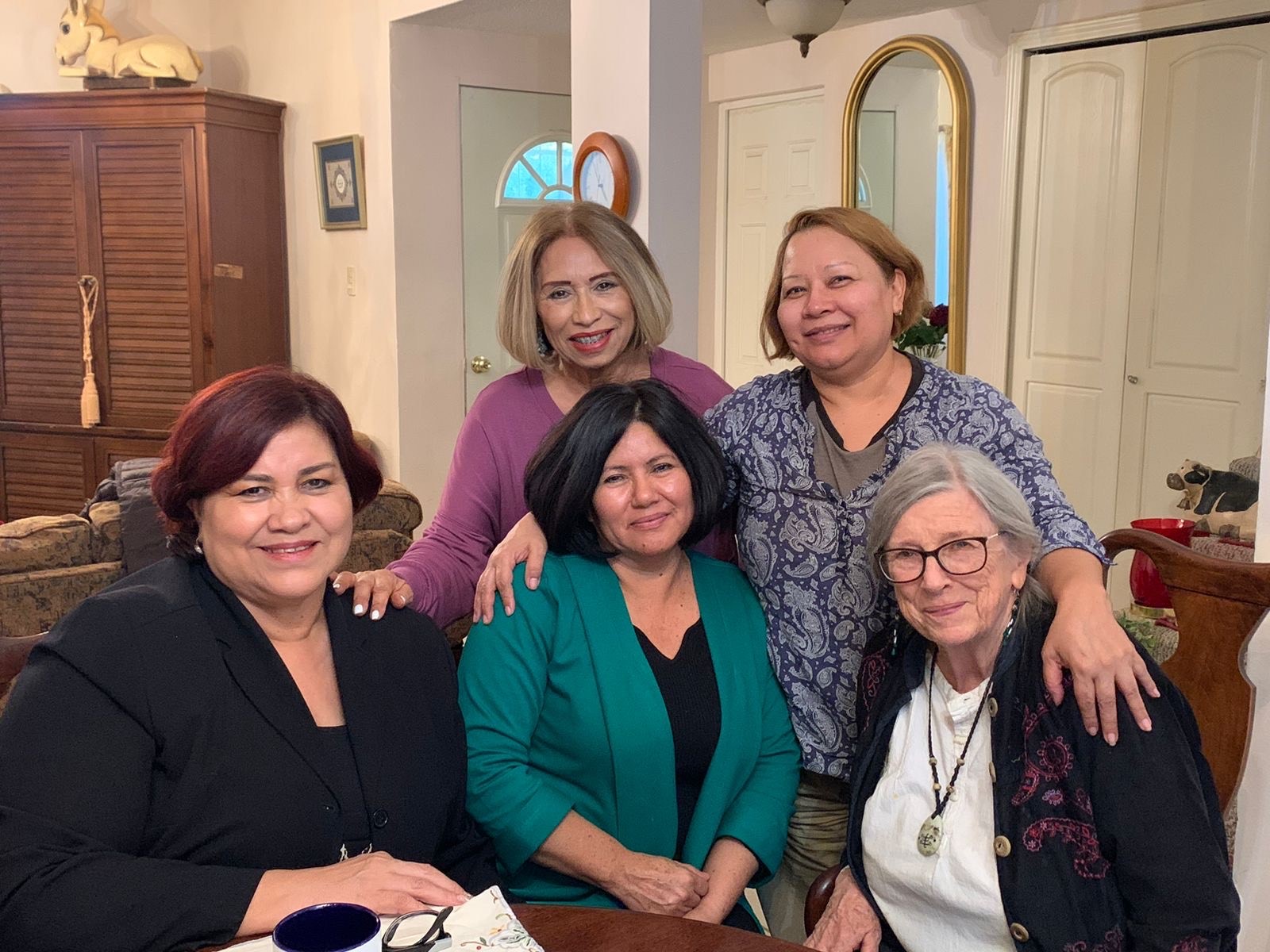
Arts and the soul’s expression
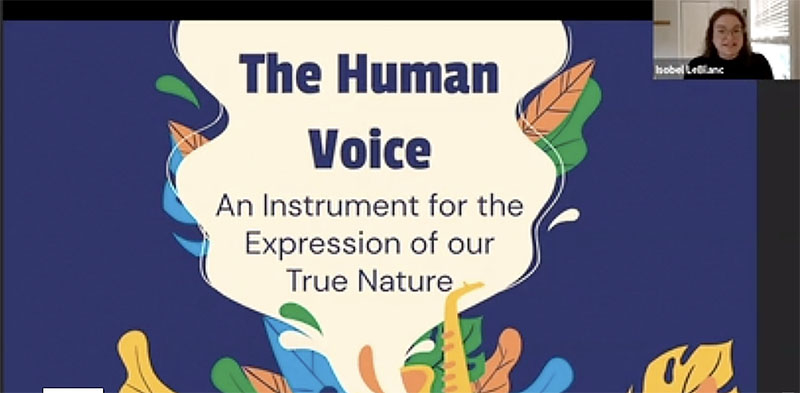
Community building is central to the work Baha’is are doing around the world. When the arts are included in the community-building process, they can help us elevate our discourse, connect us to creative solutions to problems, inspire and move us.
This principle was not only demonstrated in formal presentations at the online 2020 conference of the Association for Baha’i Studies – North America, it was brought to life throughout the conference.
Panel discussion: Arts and Community, July 27
This presentation explored music, community-based creation and interactive art.
 Music: “The voice is a primary tool for expressing our identity,” said Isobel LeBlanc of Canada, who holds degrees in music and education and is engaged with music in a variety of settings at the intersections of performance education, performance and community.
Music: “The voice is a primary tool for expressing our identity,” said Isobel LeBlanc of Canada, who holds degrees in music and education and is engaged with music in a variety of settings at the intersections of performance education, performance and community.
“We have to recognize that the voice is structured by society, in how it is heard,” LeBlanc said. “It is classed, it is racialized, and it is gendered. It can point to our education, to our upbringing and to our nationality.
“But if the voice can indicate all of these material identities,” LeBlanc contended, “is there not a possibility that the voice can transcend these identities and point to our human nature, one that unites all of us?”
In a Baha’i context, she noted, singing has some primary purposes: praising God, causing joy, upliftment and detachment from self, attracting others’ hearts. As Baha’u’llah, Founder of the Baha’i Faith, wrote:
“Intone, O My servant, the verses of God that have been received by thee, …that the sweetness of thy melody may kindle thine own soul, and attract the hearts of all men.”
LeBlanc has interviewed Baha’i singers around the world on the topic of expressing Baha’i identity through music. She said a few common themes emerged:
- Singers mediate the material, through breath and posture, and the spiritual, through its transcendence of the material element.
- When a singer is in the moment, the mind can go to a higher place.
- Singers can act as a channel, “a hollow reed.” Some singers feel that the voice doesn’t belong to them, but rather is a gift from the Creator.
- Performers can point to reality. Recognizing truth in words and music can create greater understanding of the Word of God.
- Singing can help one connect to a true, spiritual, eternal identity — all of these relate to the eternal soul. Many of the singers LeBlanc interviewed said they felt very connected to their souls while performing.
So what is LeBlanc learning from her studies? “The voice belongs to the spiritual realm,” she said, “and music can point to the one reality and the inherent oneness of humankind.”
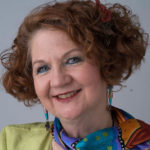 Community-based creation: Anne Gordon Perry said artmaking can connect us with others and help us develop empathy, fostering greater social cohesion, inclusion and equity. “The arts show us how we can contribute to social transformation as envisioned by Baha’u’llah,” she said.
Community-based creation: Anne Gordon Perry said artmaking can connect us with others and help us develop empathy, fostering greater social cohesion, inclusion and equity. “The arts show us how we can contribute to social transformation as envisioned by Baha’u’llah,” she said.
An artist, writer-performer, and film producer, Perry teaches writing, humanities and art appreciation at colleges in the Dallas area.
“Both the coronavirus and the Black Lives Matter movement have brought new meaning and a greater scale to public art. We see this all over the world,” Perry said. She shared images of public murals, homemade posters carried at protests, and local art projects sponsored by cities during COVID-19.
People staying at home during the pandemic, she said, have created a lot of individual, personal art:
- Tableaux vivants (living pictures).
- Balcony concerts, quarantine cabarets and remote choreography.
- Film on multiple platforms.
- A growth of online writers’ groups, who use poetry and spoken word to process life situations.
Perry also noted how the Baha’i community uses art to offer hope, engagement, education and social awareness:
- Green Acre, a Baha’i center of learning in Maine, is using online forums to share talks about race and justice with a wide audience.
- Virtual choir pieces are being produced, including several by Baha’i House of Worship choirs.
- Storytelling has moved online, with some websites dedicated to Baha’i oral histories.
- Devotional and Holy Day programs have moved online, opening up new forms of expression for expanded audiences.
“The arts can help us fuel and direct our noble aims, high resolve, and intense endeavor,” Perry said. “With all of this creative activity, community building expands to new frontiers helping us more clearly visualize the Faith spreading like wildfire through the arts.”
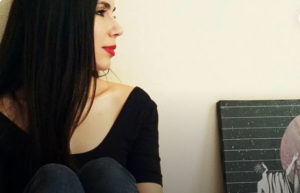 Interactive art: Jacqueline Claire, relating her experiences conducting a traveling art and storytelling program, said that in this “transitional age … we instinctively are going to the arts as a way to connect with each other and express what’s going on and draw on our higher power.”
Interactive art: Jacqueline Claire, relating her experiences conducting a traveling art and storytelling program, said that in this “transitional age … we instinctively are going to the arts as a way to connect with each other and express what’s going on and draw on our higher power.”
An illustrator, painter and storyteller, Claire said the focus of her integrated work is to empower audiences to develop a deeper connection to their spiritual reality.” In that process, the art helps to “highlight the reality of the oneness of mankind.”
Claire has staged several interactive art events inspired by the Seven Valleys, one of the sacred written works of the Baha’i Faith. After icebreakers to engage participation, she uses her paintings and storytelling as a jumping-off place for groups of people to explore these writings of Baha’u’llah, often for the first time.
“In my practice as a painter and a storyteller, I think of art like a door,” Claire said. “As much as we should strive for the excellence of the finished creation, if at some point if we don’t open that door and walk through, we aren’t allowing the art to fulfill its highest capacity, which is to take us someplace new, and ideally together.”
Claire said the art allows people to stimulate their own creative ideas and learn together about the implications of the Baha’i writings for our lives.
“Having an environment that inspires deep insights these are the cornerstones for profound community building,” Claire said.
Multimedia devotions. Each keynote presentation was introduced by a few minutes of musical devotions on video produced by Elizabeth DeSouza and Jesse Washington, with contributions by Kenneth Ray, Ruha Benjamin and Lloyd Lawrence.
The first asked in song whether striving, praying and singing for justice is in vain, and answered passionately that it is not. It showed increasingly triumphant images of accomplished African-American Baha’is and mixed-race groups, and it ended with a quotation from a prayer of the Bab: “He maketh victorious whomsoever He pleaseth.”
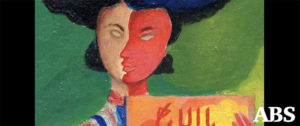
The second shared video clips of dozens of people of all ages, singly or in groups, singing or playing their hearts out on a song with words from a poem of Baha’u’llah: “Kindle the fire of love and burn away all things;/Then set thy foot into the land of the lovers.”
And before the final keynote, a sung plea — “If you love me, won’t you say something?” — and images of Black Lives Matter demonstrations in many locations were a backdrop for a spoken meditation on the long and thorny road toward greater social justice. It ended with one outdoor gathering’s call-and-response singing of a quote from Baha’u’llah: “God grant that the light of unity may envelop the whole earth.”
